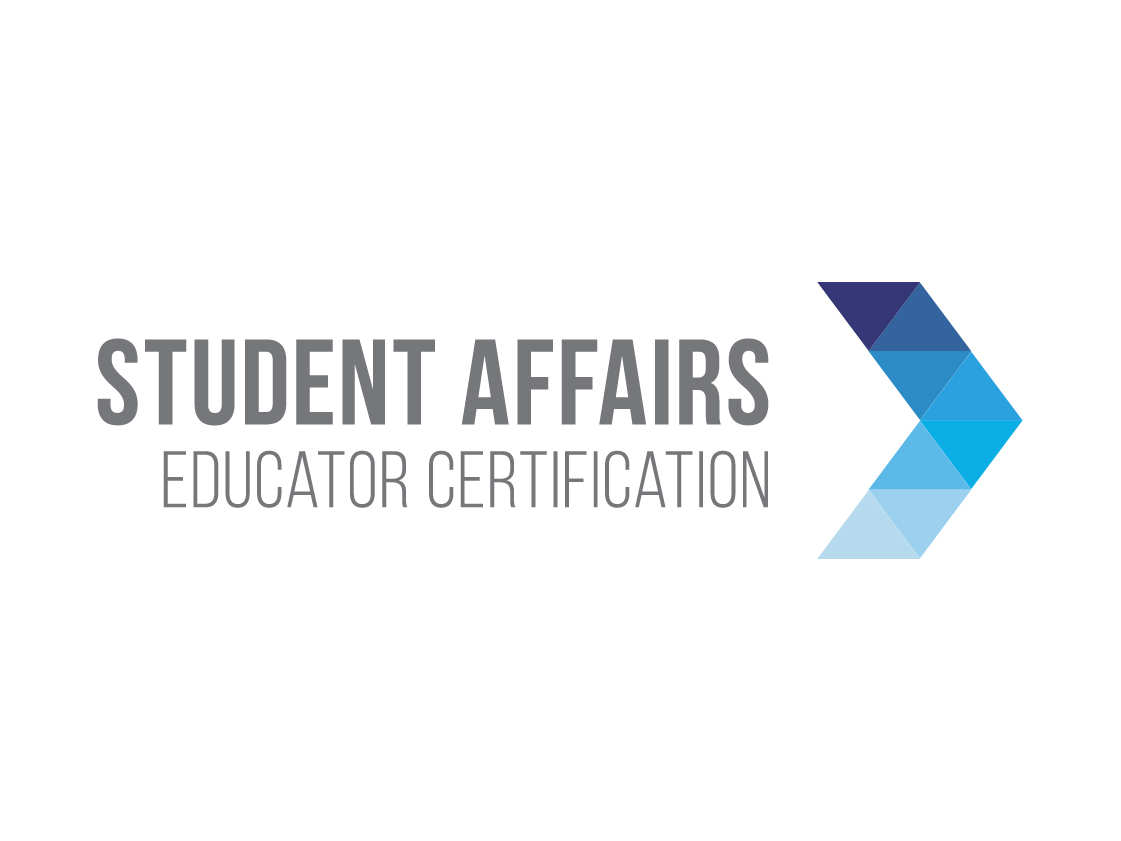Student affairs educator certification offers exciting promise for both individual student affairs educators and the larger profession! The content here provides background information and updates about the development process for student affairs educator certification.
The topic of student affairs certification has been explored by various professional associations over several years. NASPA engaged in conversations about certification in both 2013 and 2019. The latter process included a survey to 8,700 participants, and 27 focus groups consisting of early career professionals and mid-level educators, vice presidents for student affairs, and graduate faculty. Several positive impressions and critical questions were raised about the potential for student affairs certification through this inquiry.
In July 2019, the NASPA Board of Directors reviewed and discussed the results and analyses from the survey and focus groups, and voted to approve the initial development of student affairs educator certification. A task force was established to advise the certification development process. Dr. Laura Osteen, NASPA Professional Standards Division Director, was appointed to chair the task force, which consisted of student affairs administrators and educators, graduate preparation faculty, and professional association representatives from ACPA, ACUHO-I, ACUI, AFA, ASCA, NACA, NASPA, NIRSA, and NODA.
A sub-group of the task force was also established to develop a code of ethics for certification. This group, chaired by Dr. Keegan Nichols, NASPA Professional Standards Division, also consisted of student affairs administrators and educators, graduate preparation faculty, and professional association representatives.
Over 115 subject matter experts appointed by ACUHO-I, ACUI, AFA, ASCA, NACA, NASPA, and NIRSA worked with a psychometrician to develop the core and speciality area certification assessments, and determine passing score for each.
